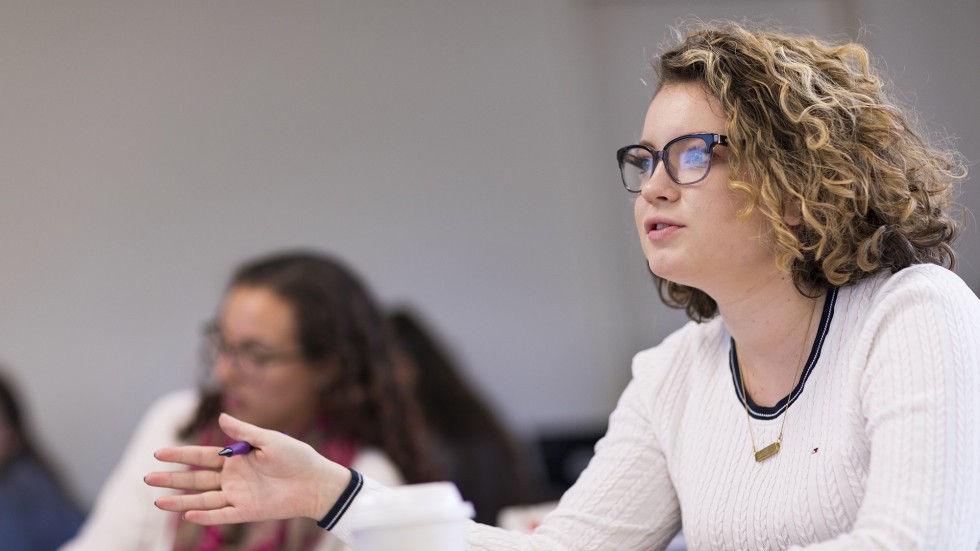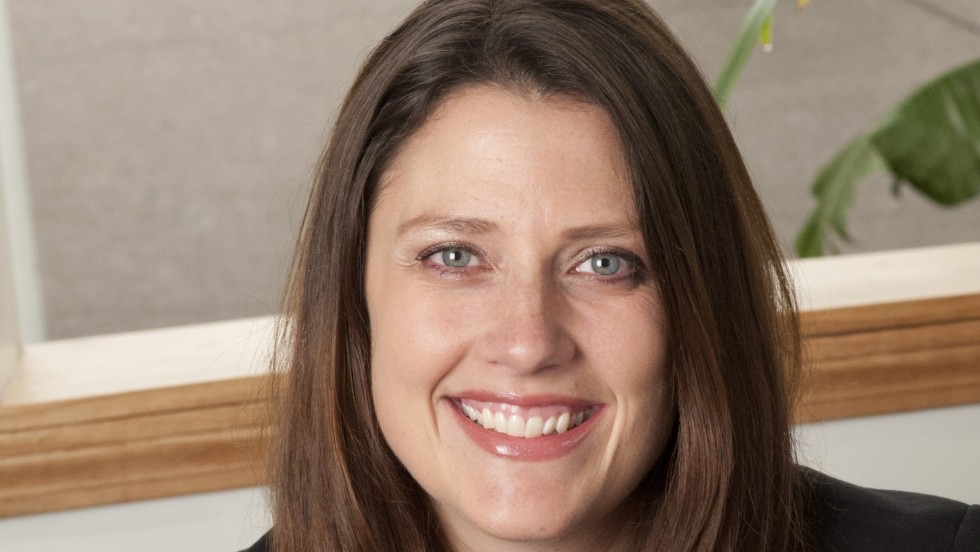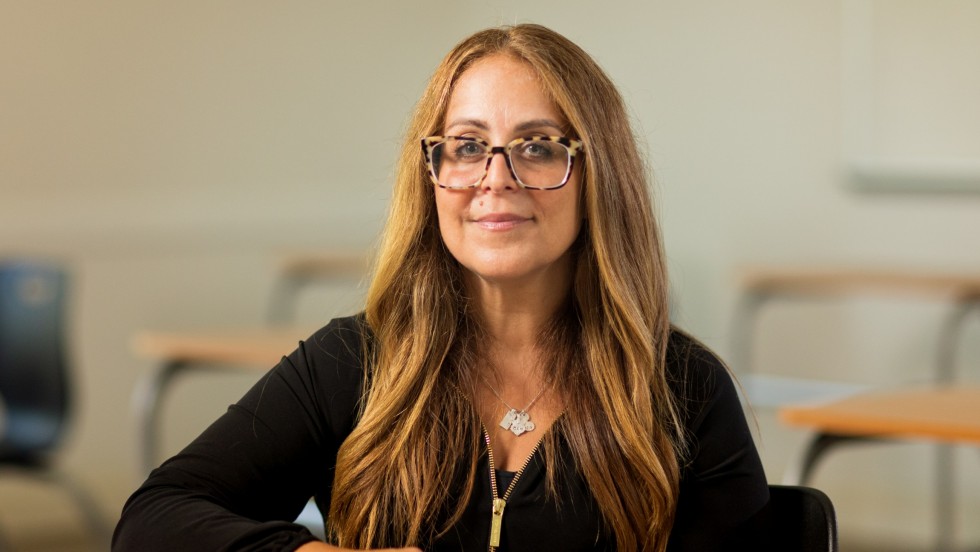Register for an Inclusive Education Graduate Course
Our non-degree option gives you the unique opportunity to take up to two graduate-level courses before applying for admission.
Educators can also earn 67.5 PDPs for taking a single graduate course.

Advance Your Professional Development
Are you interested in Stonehill’s graduate teacher education programs in inclusive education but not sure you’re ready for an advanced degree?
Our non-degree options gives you the unique opportunity to take up to two graduate-level courses this fall to get to know Stonehill before formally applying to Stonehill. Credits earned count toward your degree if you decide to matriculate in the program. Educators can also earn 67.5 PDPs for completing a single graduate course.
Whether you're seeking a teaching license or master's degree, or you wish to advance your professional development with a single course, Stonehill can help you reach your goals.
Fall Course Offerings On Campus
This course covers current policy and practice related to English Learners (ELs) in schools with a special focus on Sheltered English Immersion (SEI) Settings. Topics will include diversity issues, content/academic vocabulary development and literacy skills (including listening, speaking, reading and writing) to provide teachers with the knowledge and strategies to support ELs in classrooms.
This course will meet on campus on Wednesdays, 4–6:30 p.m.
This course introduces students to the reality of schools as diverse spaces encompassing a range of student needs and examines efforts to ensure equity in education. Issues of race, class, culture, language, gender, gender identity and expression, sexual identity, and ability will be discussed & examined, especially how they intersect to reproduce inequality. Students will reflect on individual beliefs in relation to social justice education and democratic education and examine unintended consequences of policy/practice that create or perpetuate inequitable environments and opportunities in schools. Strategies for promoting educational equity and inclusivity will be discussed.
This course will meet on campus on Thursdays, 7–9:30 p.m.
This course examines and unpacks contemporary issues in the field of education and provides prospective teachers with a beginning foundation for understanding the teaching profession and the U.S. education system, including policy and governance. The historical, legal, ethical, and pedagogical foundations for social justice education and democratic education will be explored, as well as the education reform context and emerging policies. The course will include an examination of professional ethics and standards.
This course will meet on campus on Thursdays, 4–6:30 p.m.
This graduate course focuses on the Individual Education Program (IEP) and the role of the special educator in the process, from pre-referral to eligibility determination and placement, as well as implementation. Federal and state laws related to special education will be explored. Collaboration, communication, building trust, and relationships with families and school/community colleagues will be an emphasis of the course.
This course will meet on campus on the following weekends: September 16-17 and October 14-15.
This course explores literacy for young learners and provides participants with information on how to effectively teach literacy to all students. Course participants will learn how to design literacy lessons, utilizing universal design for learning and assessment practices, to create thriving readers and writers. Through this course, participants will learn about how to design and implement lessons focused on phonemic awareness, comprehension, oral reading fluency, and vocabulary. Additionally, course participants will learn pedagogical strategies for supporting young writers. Strategies to assess students’ literacy growth will also be addressed.
This course will meet on campus on Thursdays, 4–6:30 p.m.
This course examines methods of teaching mathematics to diverse learners and contemporary methods of math assessment to ensure all students succeed mathematically. Course participants will develop instructional routines and apply standards in the design of curricula to improve how math can be humanized in classrooms. The course explores issues related to technology, math pedagogy, and math equity.
This course will meet on campus on Tuesdays, 4–6:30 p.m.
This course explores language and literacy instruction for middle/high school students with disabilities. The course will emphasize how to design literacy lessons for diverse adolescent learners, including how to assess students’ literacy progress. Course participants will learn about the specific aspects of reading and explore how to support students’ needs in all areas. The course will provide participants with assessment strategies in literacy. Participants will also learn specific strategies to support students writing skills throughout all content areas.
This course will meet on campus on Thursdays, 4–6:30 p.m.
This course examines the pedagogy of math instruction for middle and high school aged diverse students. The course will explore instructional strategies and routines to support all learners to develop mathematical thinking. Participants will develop instructional routines and apply standards in the design of curricula to improve how math can be humanized in classrooms. The course explores issues related to technology, math pedagogy, and math equity.
This course will meet on campus on Tuesdays, 4–6:30 p.m.
This course will disability through the lens of democratic education. The concepts of equity, ableism, and “othering” will be examined through philosophical educational theories to unpack pervasive disagreement about the best methods for improving outcomes for students with disabilities. The course will explore repositioning schools as democratic spaces where diversity and individuality can be enhanced and better understood. Theories of democracy and democratic education will be explored as a means of a more socially just orientation of disability.
This course will meet on campus on Mondays, 7–9:30 p.m.
This course focuses on race, religion, culture, and language through the lens of social justice education. This course will unpack bias and explore the diverse ways in which power and traditional structures intersect with different cultural, social, and religious practices. We will examine strategies for designing and creating safety in classrooms, schools, educational spaces, and communities which honor students’ cultural backgrounds and lived experiences. The course will explicitly examine privilege, equity, and cultural responsiveness in educational spaces.
This course will meet on campus on Tuesdays, 7–9:30 p.m.
This three-credit course provides an in-depth look at the teaching and learning of science in the middle school (grades 5-8). Students will acquire an understanding of the content (Earth & Space Science, Life Science, Physical Science, Technology & Engineering) and practices of middle school science along with highly effective instructional practices for teaching science to early adolescents. This course is centered around inquiry learning, and authentic assessment for science in the middle school.
This course will meet on campus on Tuesdays, 7–9:30 p.m.
This three-credit course provides an in depth look at the teaching and learning of mathematics in the middle school (grades 5-8). Students will acquire an understanding of the content (ratio and proportionality; expressions and equations; statistics and probability; the number system; geometry; and functions) and practices of middle school mathematics along with highly effective instructional practices for teaching mathematics to early adolescents. This course is centered around high leverage routines, problem-based learning, and authentic assessment for mathematics in the middle school.
This course will meet on campus on Tuesdays, 4–6:30 p.m.
Inclusive Education Tuition and Fees
Tuition and fees for the Inclusive Education master's program are calculated on a per-course basis. Additional fees may apply.
| Type | Fees |
|---|---|
| Tuition (cost per course) | $2,600 |
| Skyhawk Tuition (Applicable to Alumni, employees, employee’s spouses, employee's children and/or nieces and nephews of CSC) |
$2,340 |
| Partner Rate (Applicable to approved educational partners) |
$1,976 |
| Catholic Educator Rate (Valid for two non-degree courses) |
$1,040 |
Meet the Director
Elizabeth Stringer Keefe
Contact us with any questions.
Graduate & Professional Studies Admission assists students as they explore graduate and professional opportunities offered at Stonehill College.

